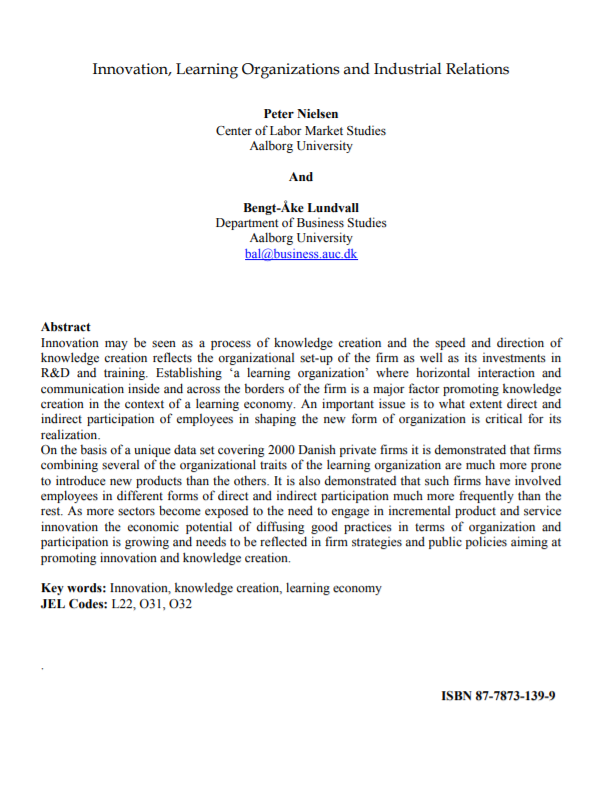
Summary
This is a discussion paper covering the benefits of social dialogue, trade unions and collective bargaining. Using the UK as the basis for the analysis, six key benefits are comprehensively discussed: Trade unions and collective bargaining are good for workers and good for the economy; Workers who could most benefit from union membership are least likely to join and membership is set to decline further still; Public policy has contributed to the decline of trade unions, so public policy must be part of the solution; Government should promote a renaissance of collective bargaining to improve wages and working conditions; Trade unions should be supported to recruit members and to innovate; Trade unions should be seen as social partners in industrial strategy and for the managed acceleration of automation.
For the original source, please click here

